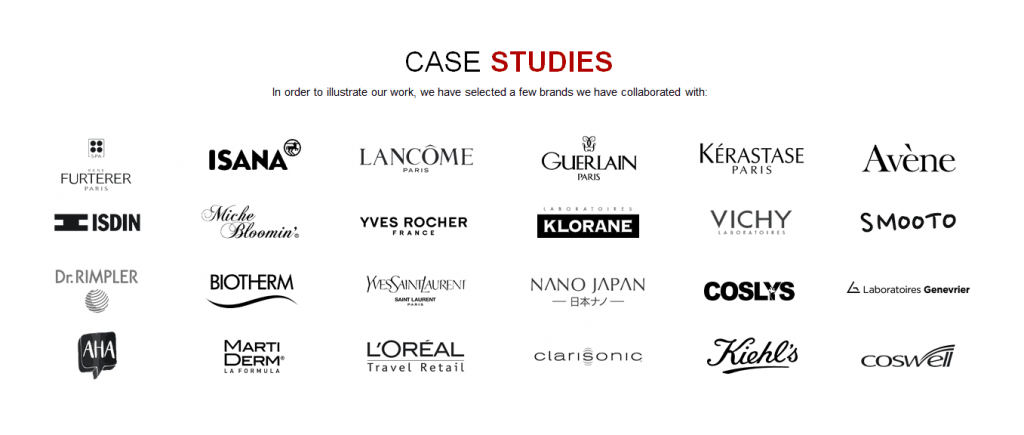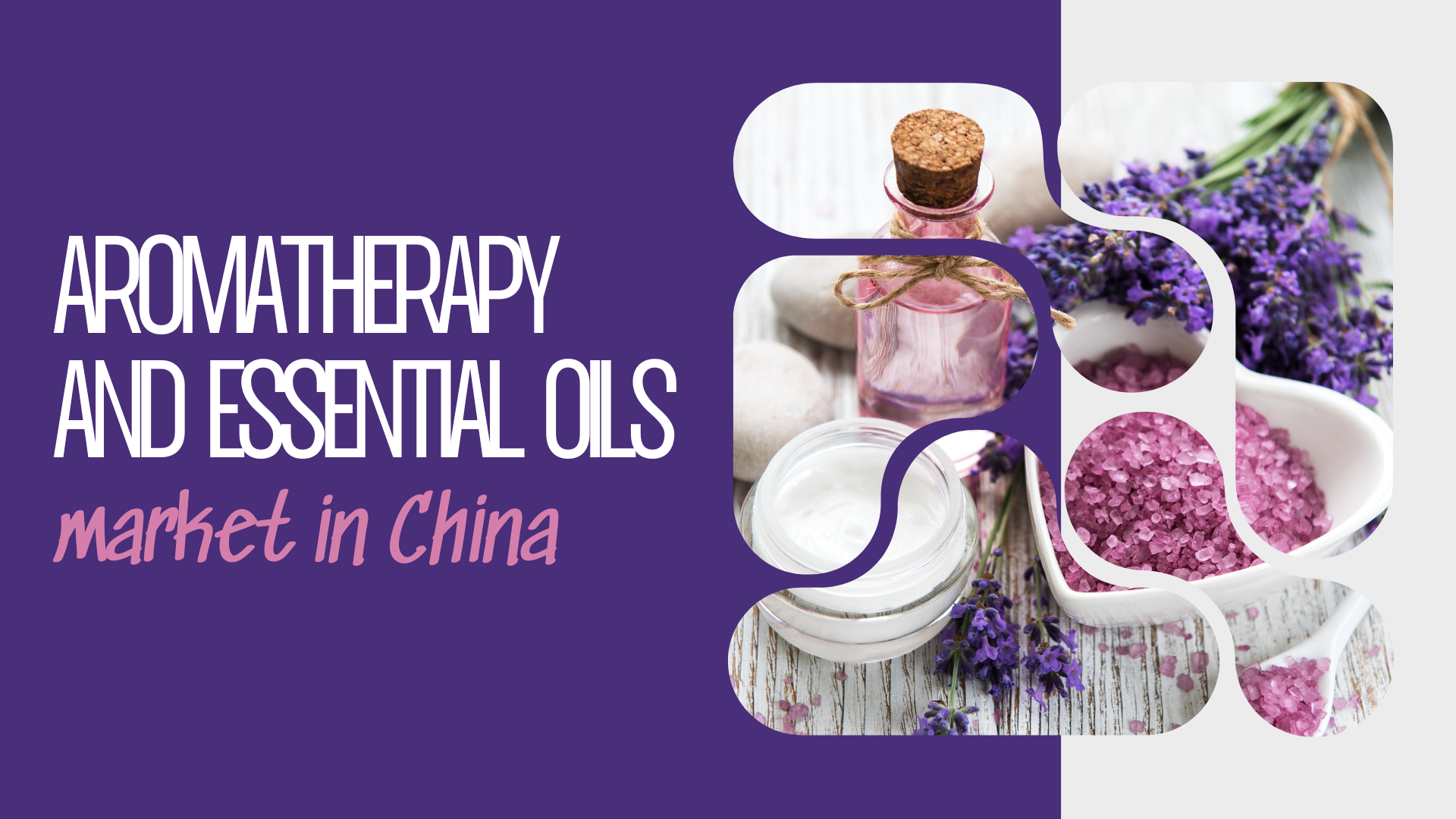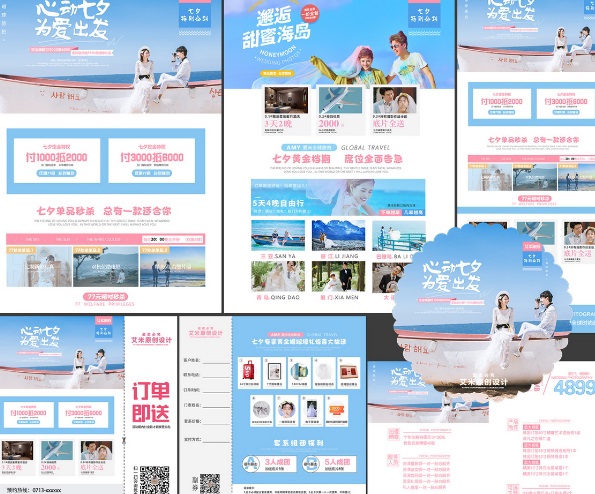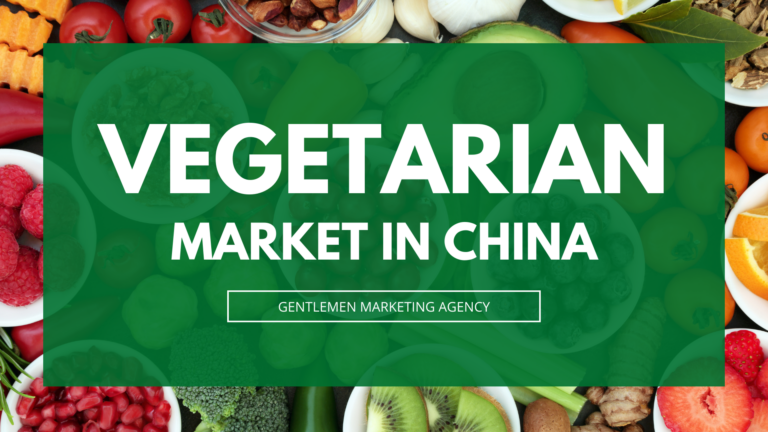Dive into the vibrant world of aromatherapy and essential oils where the global market is not just growing, it’s thriving with the lively zest of China at its heart. Chinese consumers, increasingly drawn to natural wellness, are eagerly embracing these fragrant products, turning this trend into a health and wellness revolution.
As we explore this dynamic market, remember, that unlocking the Chinese market is like blending the perfect essential oil – it requires a unique blend of cultural insight, creativity, and finesse. Join us on this exciting journey to discover how to successfully infuse your brand into the thriving Chinese aromatherapy scene!
Need a cost effective TP (Tmall Partner) to sell in China?
We are an Official Tmall Partner e-commerce Agency. Our Services: E-Commerce, Search Engine Optimization, Advertising, Weibo, WeChat, WeChat Store & PR.
Chinese Consumers Turn To Wellness And Aromatherapy
The wellness industry in China is rapidly evolving, with an increased emphasis on personal well-being and mental health. There is a trend towards products that offer stress relief, relaxation, and sleep enhancement. Aromatherapy products that cater to these needs are likely to resonate well with the Chinese audience.
Additionally, there’s a growing preference for organic and environmentally friendly products, reflecting a global trend towards sustainability. Understanding these trends and aligning product offerings accordingly is critical to capture the market.
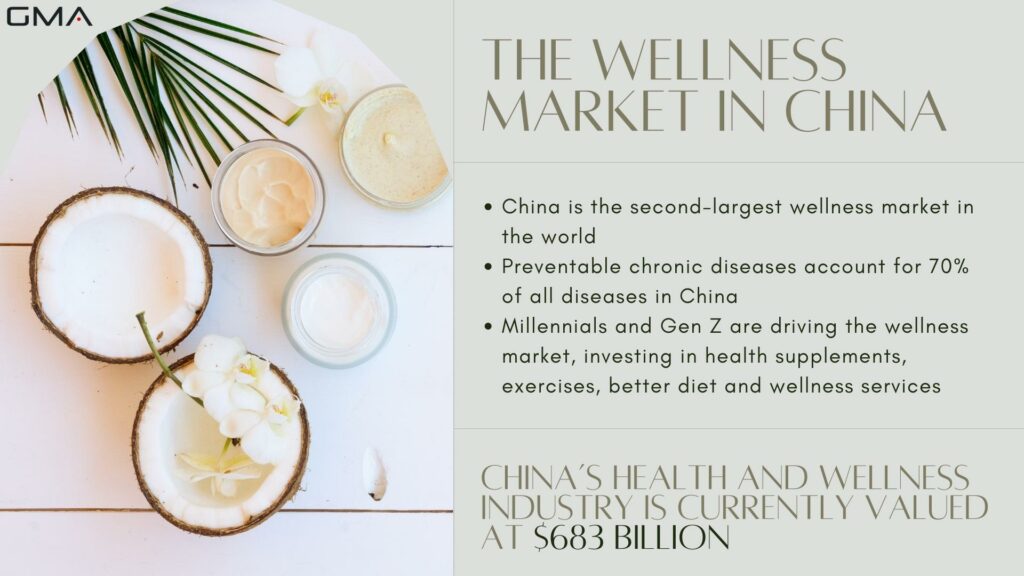
China is the second-largest wellness market in the world, with the health and wellness industry valued at $683 billion. China is also the biggest importer of essential oils, and it’s one of the most popular products, bought mainly by women on e-commerce platforms. In 2022, the estimated value of the essential oils market surpassed $3 billion.
But it’s important to understand, that the Chinese aromatherapy market is not mature yet and there is a lot of potential. While in overseas markets the share of essential oils within the cosmetics industry is around 30%, in China it’s only 2%.
How do Chinese Consumers Perceive Aromatherapy?
Chinese people like products that have added value for healthcare. That is why on the internet, bloggers used to talk about the utility of each kind of aroma.
For example, according to what it is told on the internet, lavender essential oil is said to be good for insomnia treatment, peppermint essential oil can treat colds and be beneficial for the respiratory system and orange essential oil enables it to decompress and enhance vitality.
Aromatherapy products are recommended to be used at home, at the office, in tea houses, and in many other places.
As it also reflects an image of a good taste of life, people start to join this consumption. There are also consumers who said that the use of aromatherapy brings more pleasure than using high-brand perfume. There is a growing interest in aromatherapy in China.
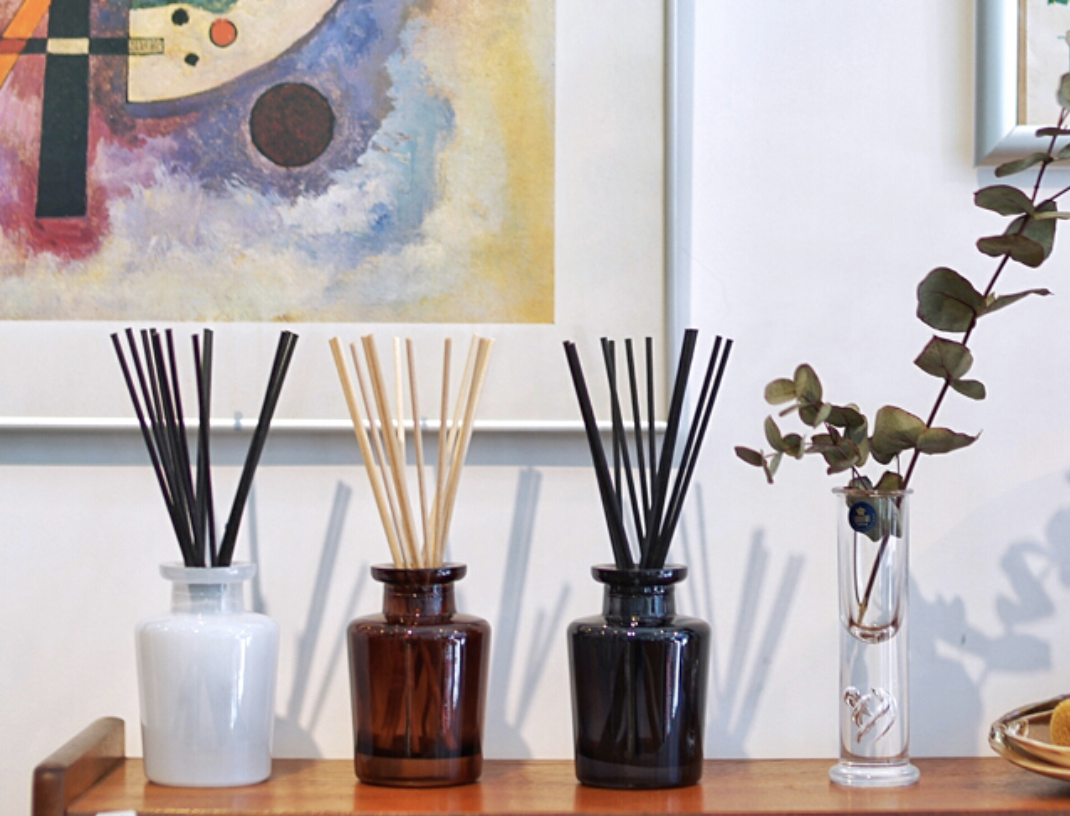
Aromatherapy Brands Keep Growing in China
Aromatherapy oil is one of the most popular products among Chinese women. Chinese women care a lot about their skin and their living conditions.
It can produce a very fresh and elegant aroma, effective for removing the smell of the room and improving the indoor environment, it also brings spiritual enjoyment. On Zhihu (the most popular online Q&A community), consumers are told to not buy cheap aromatherapy oil, because it is more detrimental than beneficial.
In fact, some essential oil-related keywords show impressive growth in Chinese media:
❗️1 million+ notes on RED for “Facial care with oils”
❗️1 million+ notes on RED “Essential Oil” and more than 170K products on sale
❗️380 million views on DouYin for “Facial care with oils”
❗️240 million views on DouYin for “Essential oil”
As of 2023, sales on TaoBao/TMALL and JD in the category of essential oils have grown by 64%.
Popular Foreign Aromatherapy Brands in the Chinese Market
Chinese consumers like to purchase foreign brands because they are perceived as premium and reliable. There is a short list here of some brands with a good reputation in China, and they are all foreign brands:
L’occitane
A brand that emphasized the unique French “art de Vivre”. The foundation of the company is linked to quality products from the south of France, Africa, and the Mediterranean coast. In fact, its good smell attracts a lot of women consumers. Also, this kind of “authentic local product” within the knowledge and specialties of overseas countries is very welcome in China.
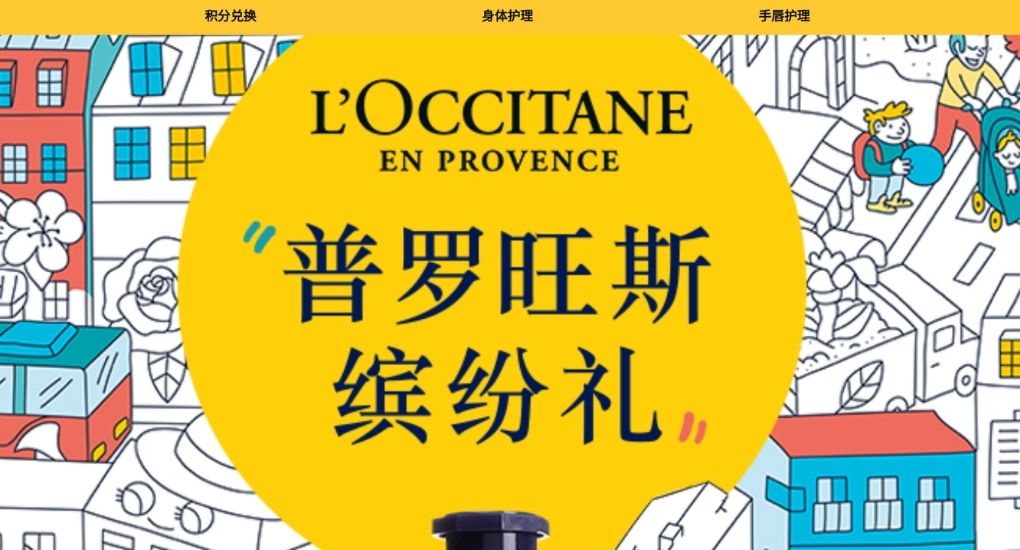
The body shop
This brand welcomed its Chinese official online website in October 2016, considering China as one of its key markets. This British beauty brand has always had its own place in China’s haitao circle (cross-border e-commerce). They are popular for their rich variety of products, direct shipping, and professional after-sales service.
Miniso
Miniso is a successful Japanese-based brand. The brand promises its customers creative products, quality, and competitive prices (between $1 to $30). Each week new products are added to the shelf but aromatherapy oils are one of their best-sellers so constantly present.
Innisfree
Innisfree is a Korean cosmetic and skincare brand very appreciated in China. As Korea is well-known as a country that produces a lot of useful fashion and beauty stuff, Chinese people follow a lot of its brands and new releases.

Marketing Strategies for the Chinese Market
In the dynamic Chinese market, successful marketing of aromatherapy and essential oils requires a nuanced approach, blending cultural adaptation with strategic use of digital and offline channels.
Adapting Branding and Product Messaging for Chinese Consumers
Effective branding in China goes beyond mere translation; it necessitates a deep cultural understanding. Brands need to weave stories, imagery, and values that resonate with Chinese cultural norms and preferences.
For example, incorporating symbols of balance and harmony can be particularly appealing given the cultural emphasis on health equilibrium. Localized branding efforts, such as adapting brand names and packaging designs to suit Chinese aesthetics, are essential.
Moreover, tailoring product messaging to emphasize benefits like stress relief or air purification can align with prevalent wellness trends in the country.
Leveraging Key Social Media Platforms
Like Facebook, Instagram, Twitter, and many others are blocked in China by the Chinese Great Firewall, it is impossible to utilize them for your branding in China. There, WeChat, Weibo, and Xiaohongshu should be your main channels to promote your brand reputation.
WeChat, with its multifunctional capabilities, serves not just for marketing but also for customer engagement and e-commerce. Weibo, being a broad-reach platform, is ideal for building brand awareness and participating in larger public discussions.
In recent years, platforms like Douyin (the Chinese version of TikTok) and Xiaohongshu (also known as Little Red Book) have gained immense popularity. Douyin, with its short video format, is perfect for creating engaging, visually appealing content about aromatherapy products.
Xiaohongshu, a lifestyle-sharing platform, is ideal for building a community around brands, where users share reviews and experiences. These platforms are particularly effective for reaching younger demographics who are increasingly interested in wellness and self-care.
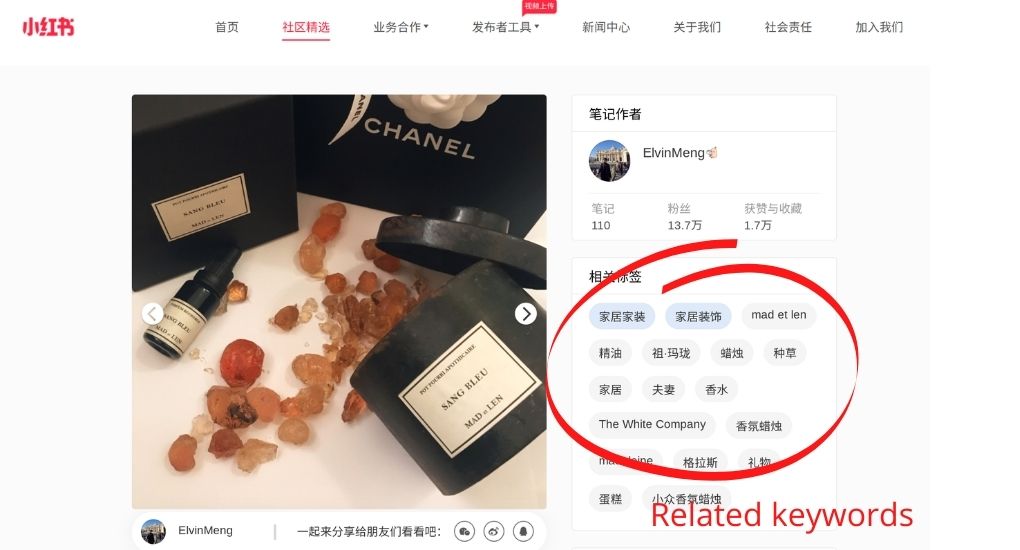
Those four are the top 3 Chinese social media, which Xiaohongshu in the aromatherapy case is a good idea for you because it is a famous platform for fashion, beauty, cosmetics, fragrance products.
Either big or small KOLs have an account on this platform to recommend their followers’ products or services. It was created in the form of a UGC (User-generated content) while now it has also developed into a social e-commerce platform, with more than 200 million registered users, as of 2023.
Engagement with Influencers and KOLs
Influencer marketing in China has a significant impact. Partnering with KOLs who resonate with the brand and have a genuine interest in wellness can greatly enhance visibility and credibility. These partnerships should focus on creating diverse and authentic content, from product reviews to lifestyle integration, which Chinese consumers highly value for their authenticity.
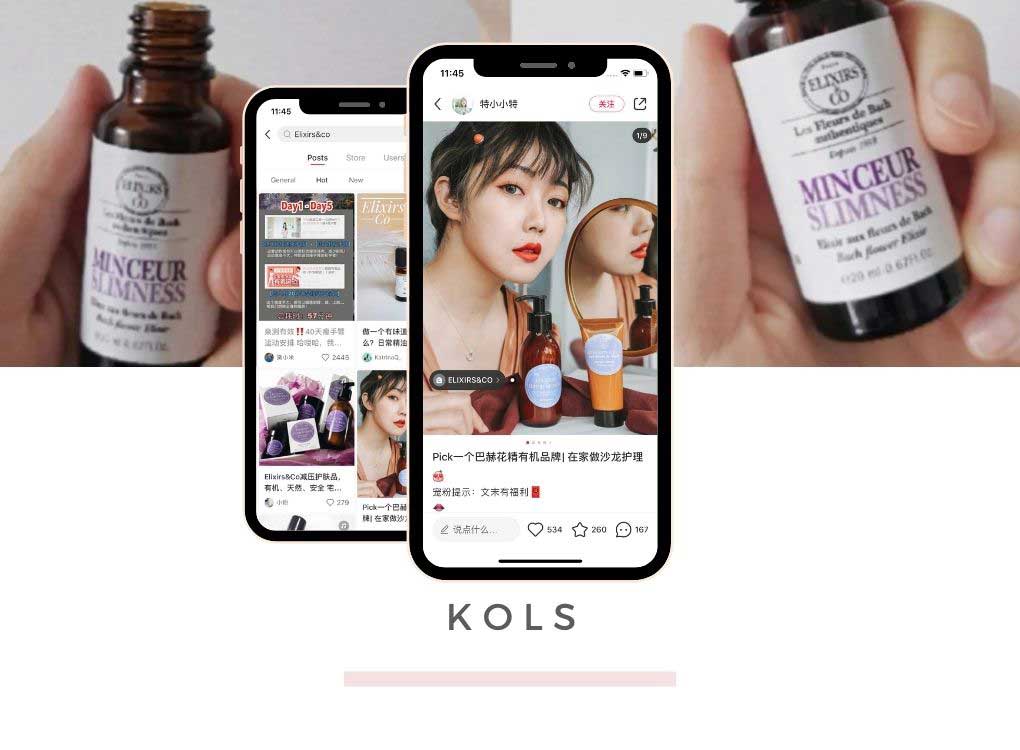
Press Release: a Long-last and Cost-efficient Strategy
It is well-known that the press release is a very good way to create the brand’s e-reputation. Having some famous and official experts who talk about your brand can help a lot your reputation as well as brand awareness.
After the publication, those articles are always on the Internet, so even if the campaign ends, those articles can still continue to have effects and generate leads. It is thus a long-last and cost-efficient way to give momentum to your brand e-reputation.
Baidu SEO: Best Search Engine in China for Your Brand Awareness
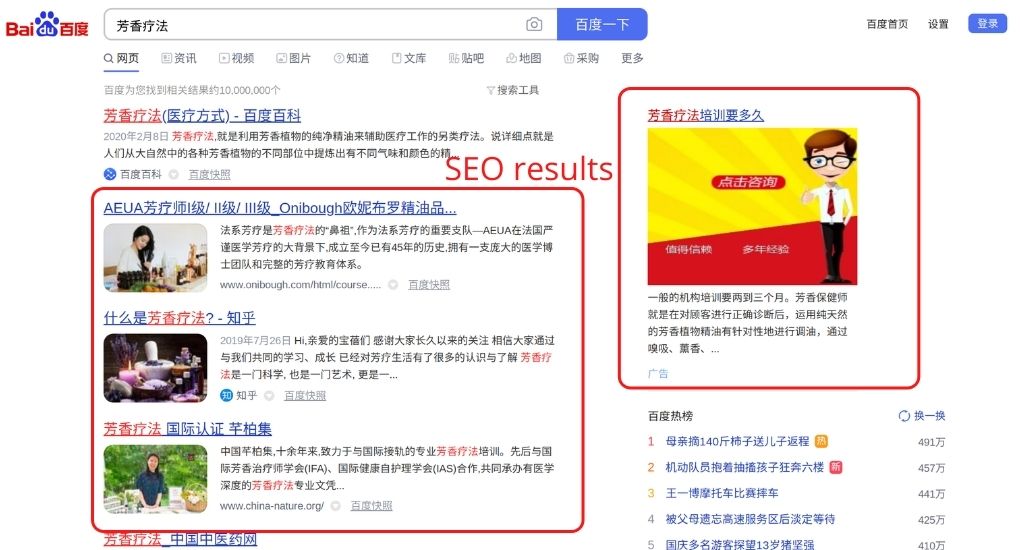
If you have already used SEO strategies, you must know how important and efficient it is in marketing activities. However, in China, it is impossible to employ search engines like Google for the reasons explained earlier.
Baidu, as the leading role in the Chinese search engine market, occupies around 70% of the total market share. It is, therefore, a must in your SEO strategies in China. Chinese people rely on Baidu to find out answers and get informed.
You need to start by having your own Chinese website hosted in China, with content optimized for Chinese search engines.
Offline Marketing and Experiential Engagement
Despite the digital focus, offline marketing remains relevant. Establishing a retail presence in high-end shopping areas or specialty stores allows consumers to physically interact with the products. Additionally, experiential marketing tactics like hosting workshops or pop-up stores can effectively engage customers. These events provide an immersive experience, fostering a deeper connection with the brand.
Collaborating with spas and wellness centers can also place the products within environments where consumers are already seeking health solutions.

Strategies for Successful Online Retailing
Succeeding in the online retail space in China, particularly on e-commerce platforms requires a strategic approach tailored to the unique characteristics and consumer behaviors on these platforms.
E-commerce platforms: Tmall, Taobao, JD
Understanding the specific user base and operational dynamics of each platform is key. Taobao, with its vast range and appeal to a broader audience, contrasts with JD.com’s and Tmall’s focus on quality and an affluent customer base.
Successful strategies on these platforms involve creating optimized product listings with high-quality images, detailed descriptions, and search-optimized keywords. Highlighting the use and benefits of aromatherapy products can engage and educate potential customers. Moreover, leveraging customer reviews and ratings is crucial in this market where consumer feedback significantly influences purchasing decisions.
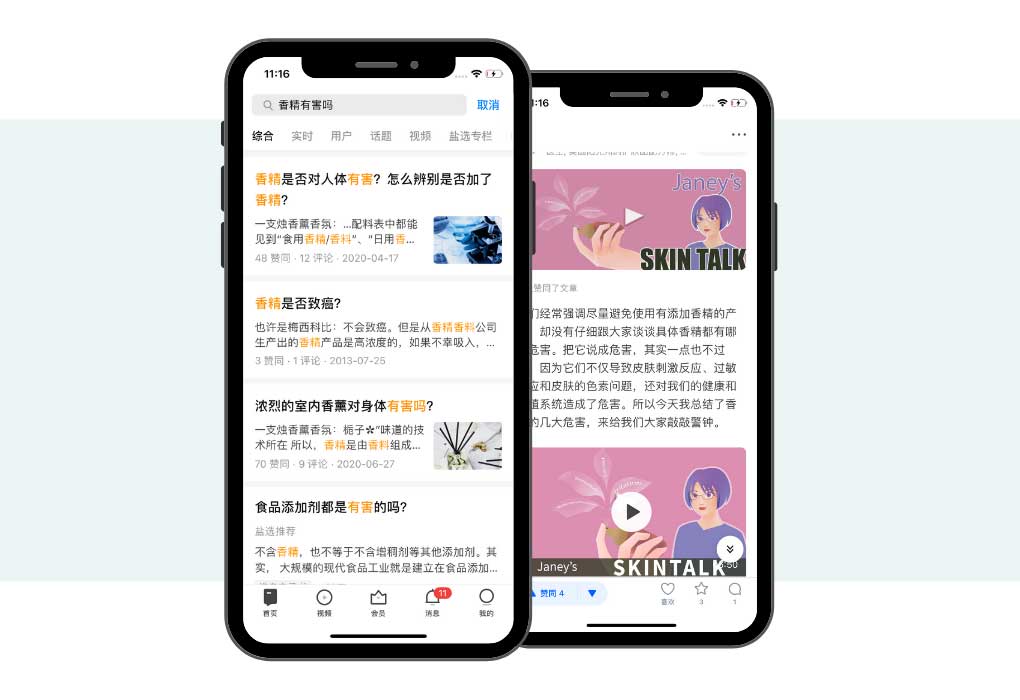
Participation in major sales events like Singles’ Day or JD.com’s Shopping Festival offers opportunities for increased visibility and sales. These events are pivotal moments in the Chinese e-commerce calendar, and preparing exclusive deals or offers can attract a larger customer base.
Social E-Commerce
In addition to these traditional e-commerce strategies, the role of social commerce in China is increasingly significant. Platforms like WeChat, Xiaohongshu, and Douyin blend e-commerce with social media, driving direct sales through integrated shopping features and influencer collaborations. These platforms enable brands to not only promote but also directly sell their products, making them powerful tools for online retailing.
Encouraging user-generated content and building a community around the brand on social media can enhance engagement and drive sales. Responsive customer service via these platforms also contributes to a positive buying experience and customer loyalty.
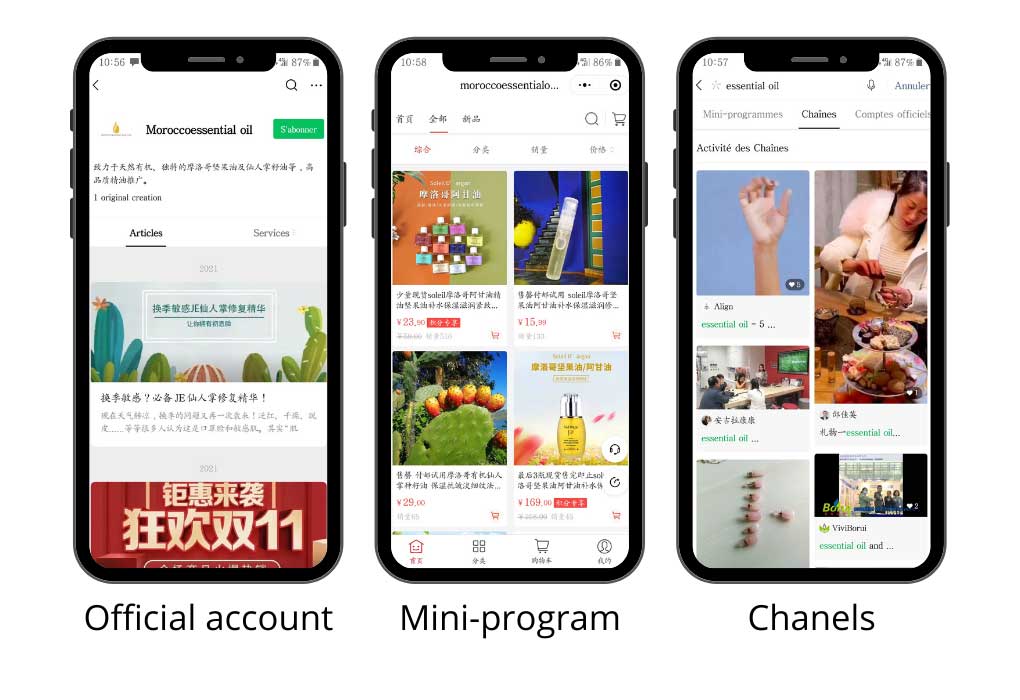
Start Selling Your Essential Oils in China!
In navigating the intricate and rapidly evolving landscape of China’s aromatherapy and essential oils market, understanding the right marketing strategies is only half the battle. Implementing them effectively to capture the vast potential of this booming market is where real expertise comes into play. That’s where Gentlemen Marketing Agency steps in.
With our deep-rooted knowledge of the Chinese market, combined with a proven track record of successful campaigns, we’re more than just a marketing agency – we’re your strategic partner in unlocking the full potential of your aromatherapy brand in China.
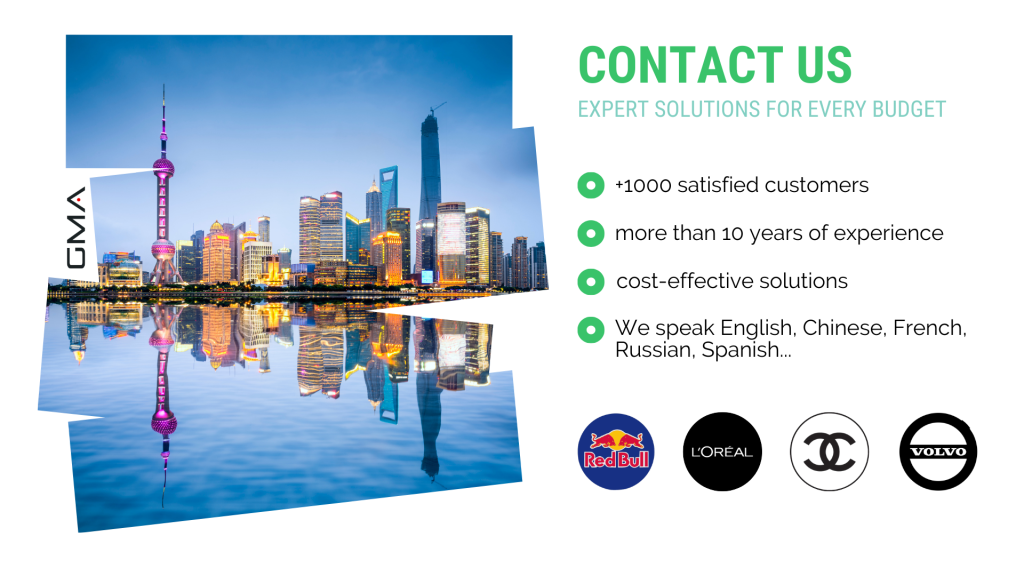
Why Choose Gentlemen Marketing Agency?
- Local Expertise, Global Perspective: We understand the nuances of Chinese consumer behavior, digital trends, and regulatory frameworks, ensuring your brand resonates with your target audience while maintaining global appeal.
- Customized Digital Marketing Solutions: Whether it’s leveraging the power of platforms like WeChat, Taobao, JD.com, or harnessing the influence of KOLs on Douyin and Xiaohongshu, we create bespoke strategies that align with your brand identity and business goals.
- End-to-End Service: From market research and brand localization to digital campaign execution and e-commerce optimization, we offer comprehensive solutions to ensure your entry and growth in the Chinese market is seamless and successful.
- Results-Driven Approach: Our focus is not just on creative marketing but on tangible results. We strive to drive sales, enhance brand visibility, and build lasting customer relationships for your business.
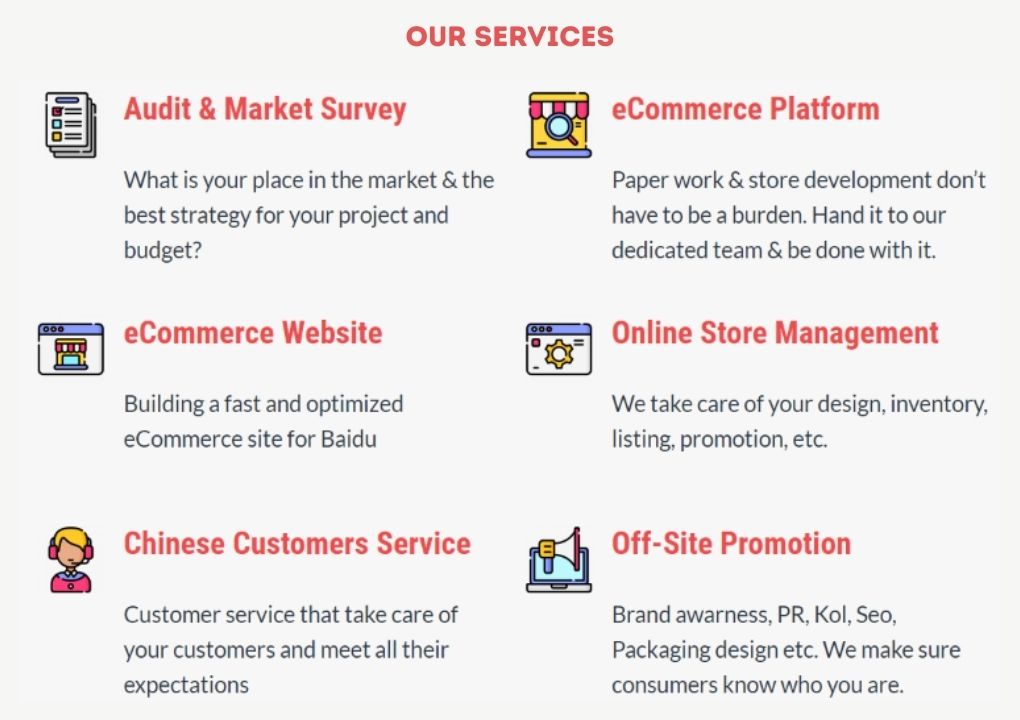
Are you ready to explore the immense opportunities in the Chinese aromatherapy and essential oils market? Partner with Gentlemen Marketing Agency to transform challenges into victories and potential into profitability.
Contact us today to discuss how we can elevate your brand in this vibrant market. Let’s make your mark in China not just visible, but unforgettable.
